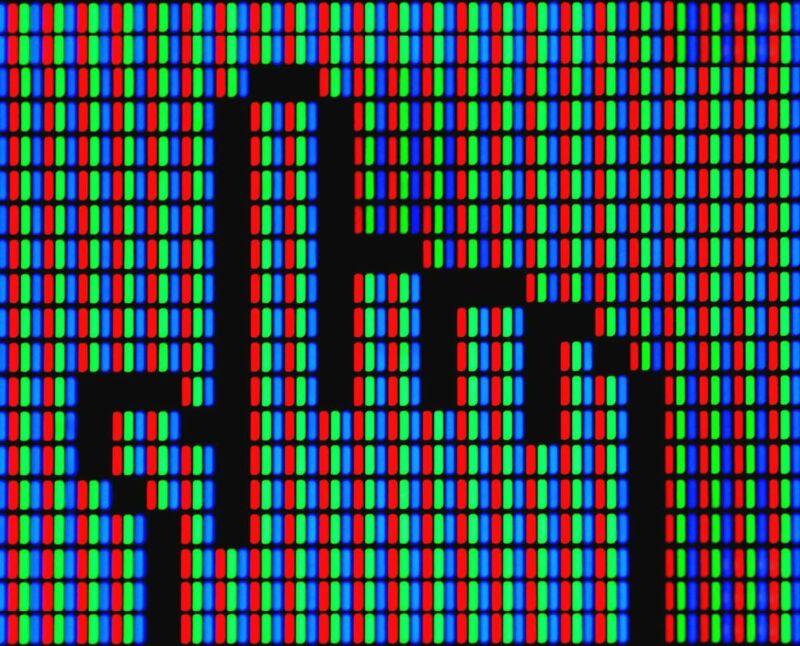
Enlarge (credit: Lobanovgo | Getty Images)
In 2010, British designer Harry Brignull coined a handy new term for an everyday annoyance: dark patterns, meaning digital interfaces that subtly manipulate people. It became a term of art used by privacy campaigners and researchers. Now, more than a decade later, the coinage is gaining new, legal, heft.
Dark patterns come in many forms and can trick a person out of time or money, or into forfeiting personal data. A common example is the digital obstacle course that springs up when you try to nix an online account or subscription, such as for streaming TV, asking you repeatedly if you really want to cancel. A 2019 Princeton survey of dark patterns in e-commerce listed 15 types of dark patterns, including hurdles to canceling subscriptions and countdown timers to rush consumers into hasty decisions.





